| Need to amend the legal framework in the Law on Commercial Arbitration VCCI: Abolishing the Decree detailing the Law on Commerce is necessary |
Recently, the Vietnam Lawyers Association has drafted a report assessing the impact of the policy on the draft Law amending and supplementing a number of articles of the Law on Commercial Arbitration (Law on Commercial Arbitration) 2010 to prepare for submission to the National Assembly Standing Committee for consideration.
Many advantages but still have disadvantages
According to the draft report, in addition to many advantages and progress, the Law on Commercial Arbitration and its implementation still have shortcomings, limitations and inadequacies due to unclear legal provisions on arbitration or incompatibility with reality, as well as the understanding and application of the court not being consistent with international practices and the UNCITRAL Model Law (Model Law of the United Nations Commission on International Trade Law).
These shortcomings have led to frequent cancellation, non-recognition and non-enforcement of arbitration awards, wasting resources of enterprises and society. Arbitration activities have not been as convenient and widely used as expected. Enterprises and foreign investors still do not fully trust and use arbitration as a method of dispute resolution instead of the court.
To assess the impact of the policy on the Draft Law Amendment, the Vietnam Lawyers Association has developed four major policy groups, including: Completing regulations on the scope of dispute resolution by Commercial Arbitration; Completing regulations on commercial arbitration proceedings; Expanding the authority of the Arbitration Council in arbitration proceedings and amending and supplementing regulations on arbitration awards, annulment of arbitration awards, and review of court decisions annulling arbitration awards.
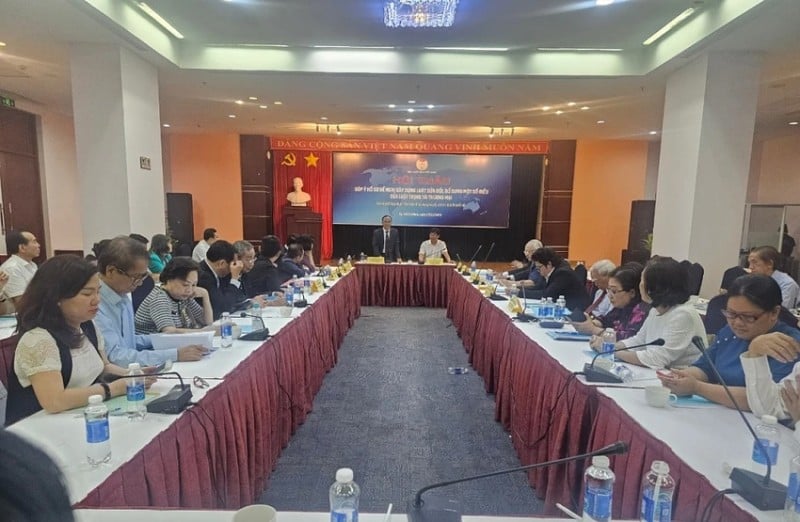 |
| A workshop on "Contributing comments on the proposal to develop a Law amending and supplementing a number of articles of the Law on Commercial Arbitration" held in Ho Chi Minh City on November 11, 2023. Photo: nguoiduatin.vn |
High number of arbitral awards annulled
The draft report points out a series of shortcomings in some overlapping or missing regulations of other codes and specialized laws, which have caused difficulties and limitations in determining and expanding the scope of authority to resolve disputes by arbitration for some specific types of disputes.
For example, Article 470 of the 2015 Civil Procedure Code stipulates that civil cases with foreign elements but related to rights to real estate located in Vietnam will fall under the exclusive jurisdiction of Vietnamese courts. This has led to some courts, when adjudicating, stating that civil cases related to rights to real estate in Vietnam cannot be adjudicated by arbitration.
Or as for the inadequacy of the concepts of “dispute resolution venue” and “foreign arbitration”, according to Articles 3.8 and 3.11 of the Law on Commercial Arbitration, foreign arbitration is arbitration established under the provisions of foreign arbitration law. This approach is not consistent with the UNCITRAL Model Law, according to which arbitration is determined by the (legal) seat of dispute resolution (“seat of arbitration”).
According to the definition of the Law on Commercial Arbitration, a judgment of the International Criminal Court (ICC) or UNCITRAL with the place of dispute resolution in Vietnam will be considered a foreign arbitral award.
Therefore, there has been a situation where many ICC and UNCITRAL awards have a place for dispute resolution in Vietnam but are considered foreign arbitration awards, and the disputing party must bring them to a third country (such as Singapore) to carry out consular legalization procedures at the office of the arbitration organization in that country, then bring them back to Vietnam to request enforcement as a foreign arbitration award.
Meanwhile, Singaporean law (as well as any other country in the world) does not recognize this award as their domestic arbitration award because the place of dispute resolution is in Vietnam. In other words, this award will be "stateless". Such a situation will lead to the parties in dispute not wanting to bring the dispute to Vietnam for resolution because the award will be unstable, stateless and they do not know how to enforce it in Vietnam.
Or such as inadequacies in arbitration agreements, the authority of the arbitration council, procedures for serving documents and exchanging communications between parties, emergency arbitrators, statute of limitations for filing lawsuits, exemption from civil liability for arbitrators...
According to statistics from 2011 to 2020, the number of arbitral awards being annulled is often high. The situation of foreign arbitral awards being refused recognition and enforcement in Vietnam is also common at a high level, the grounds for refusal are not consistent with the 1958 New York Convention of which Vietnam is a member as well as international arbitration practices, making businesses and investors worried when choosing arbitration in Vietnam to resolve their disputes.
The above shortcomings negatively affect the effectiveness of dispute resolution by arbitration, affect Vietnam's reputation on the international arbitration map, and create an urgent need to adjust the law on arbitration in Vietnam.
Source link


![[Photo] Helicopters and fighter jets practice in the sky of Ho Chi Minh City](https://vstatic.vietnam.vn/vietnam/resource/IMAGE/2025/3/28/3a610b9f4d464757995cac72c28aa9c6)
![[Photo] Flower cars and flower boats compete to show off their colors, celebrating the 50th anniversary of Da Nang Liberation Day](https://vstatic.vietnam.vn/vietnam/resource/IMAGE/2025/3/28/086d6ece3f244f019ca50bf7cd02753b)
![[Photo] President Luong Cuong hosts state reception for Brazilian President Luiz Inacio Lula da Silva](https://vstatic.vietnam.vn/vietnam/resource/IMAGE/2025/3/28/56938fe1b6024f44ae5e4eb35a9ebbdb)
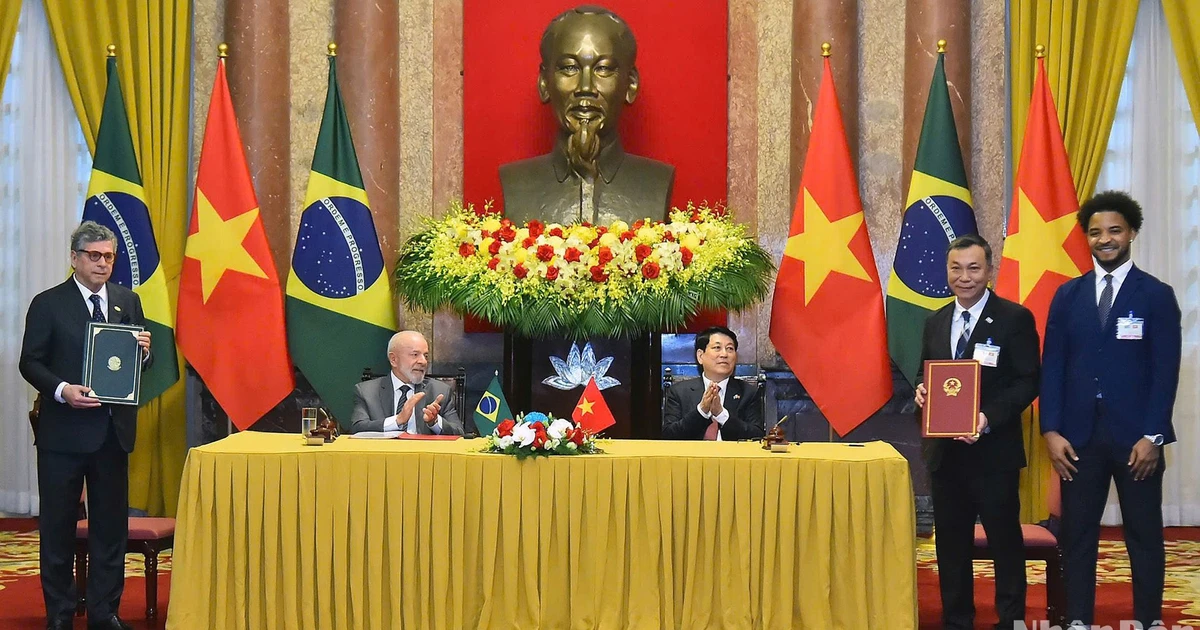
![[Photo] Prime Minister Pham Minh Chinh meets with Brazilian President Luiz Inacio Lula da Silva](https://vstatic.vietnam.vn/vietnam/resource/IMAGE/2025/3/28/41f753a7a79044e3aafdae226fbf213b)







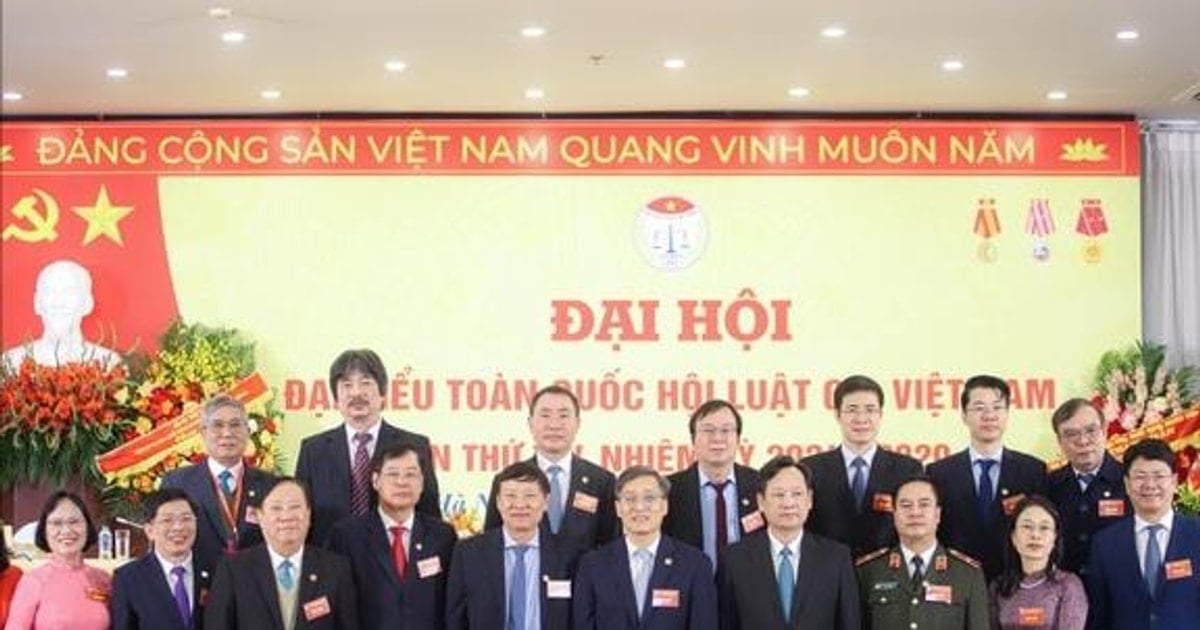

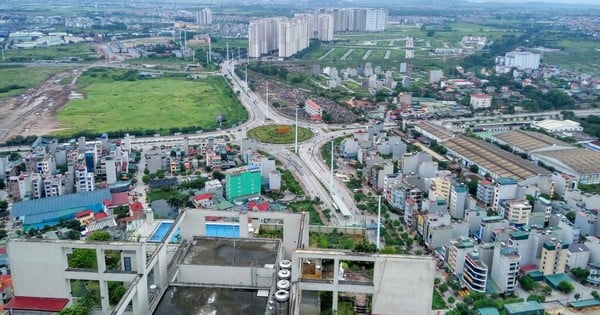

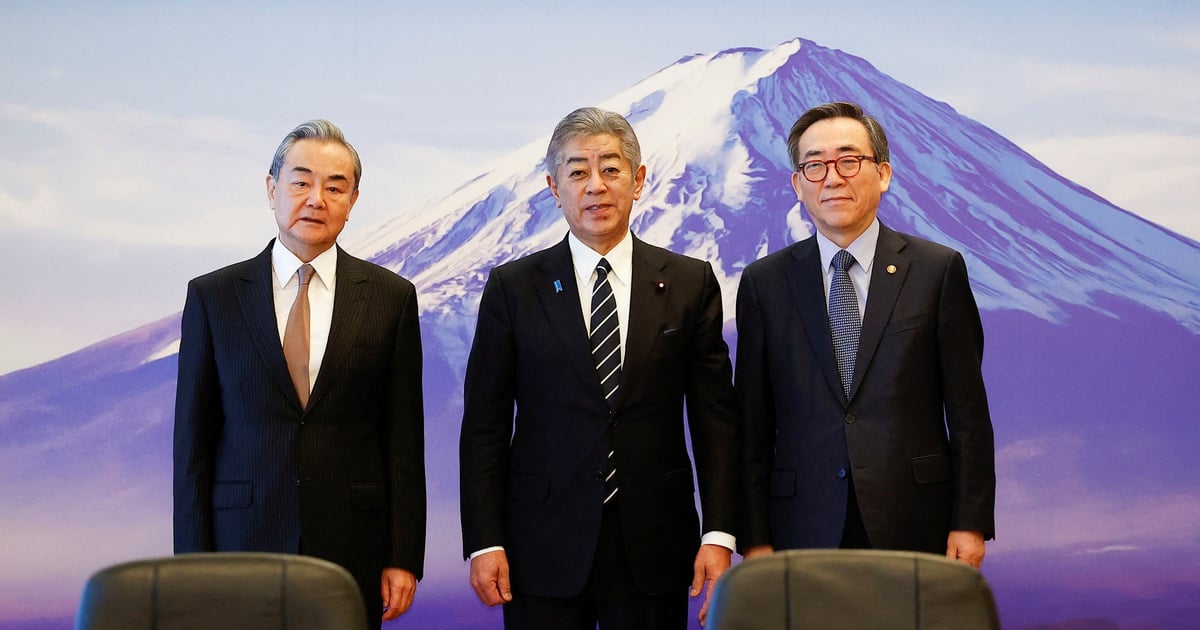

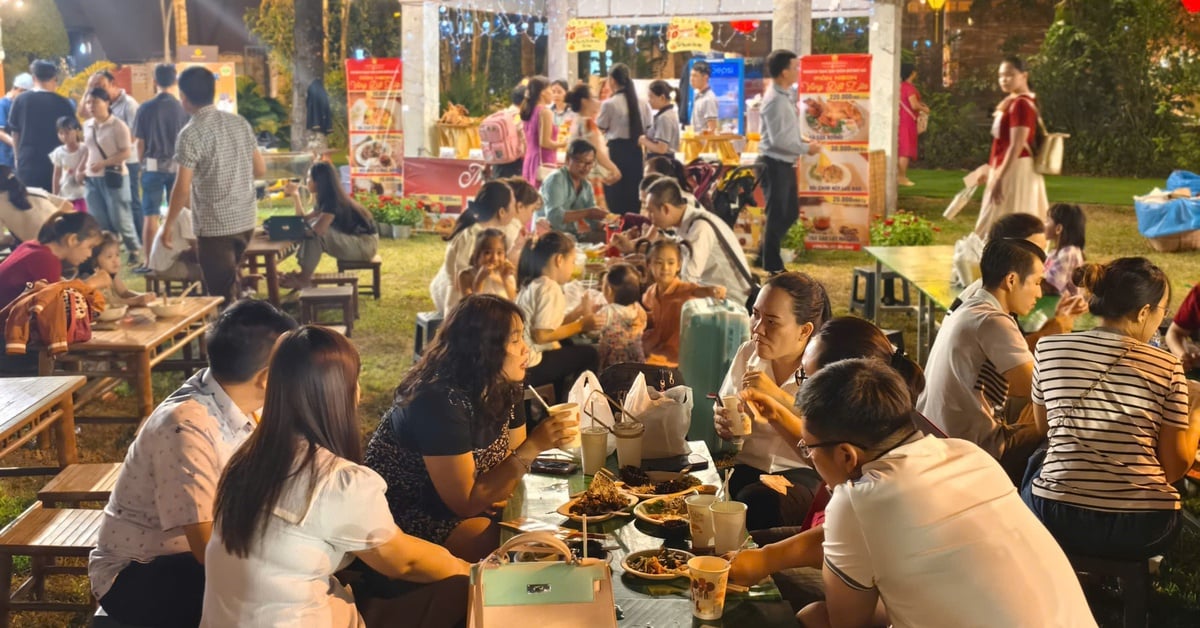


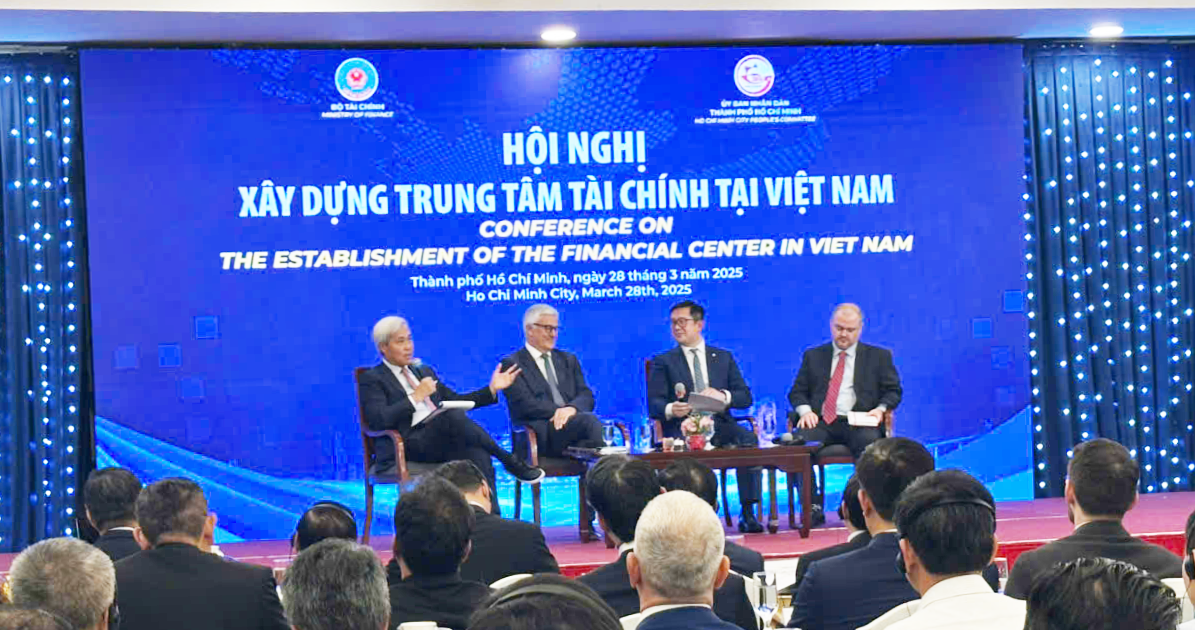





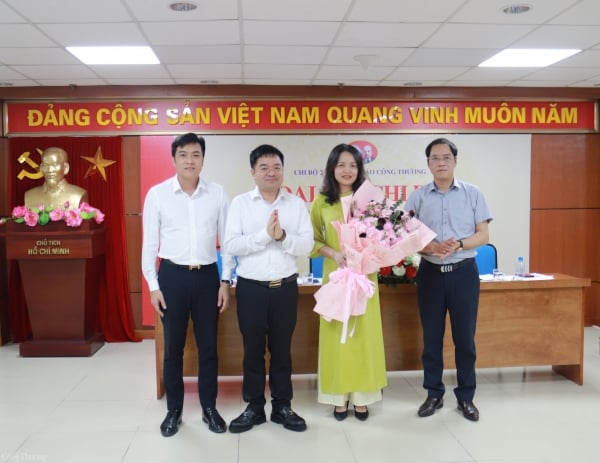
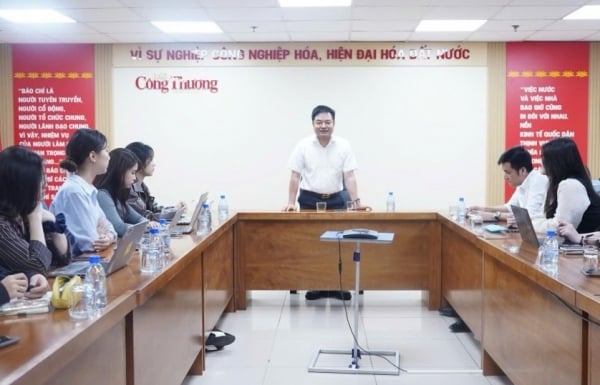







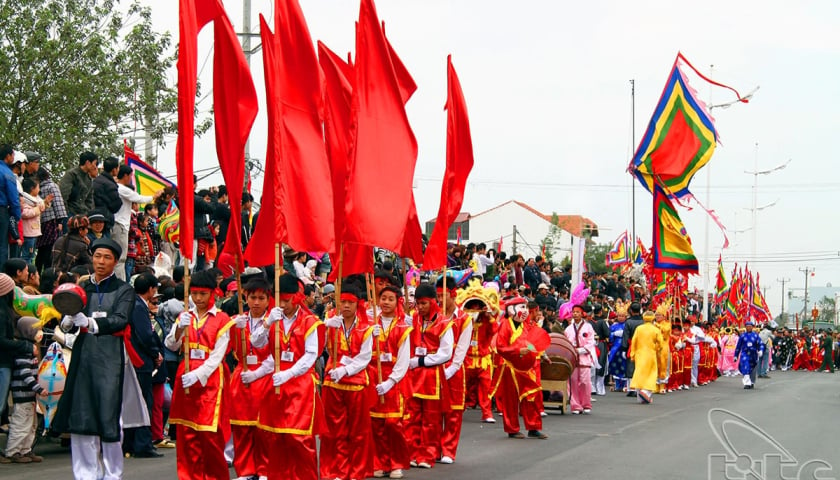


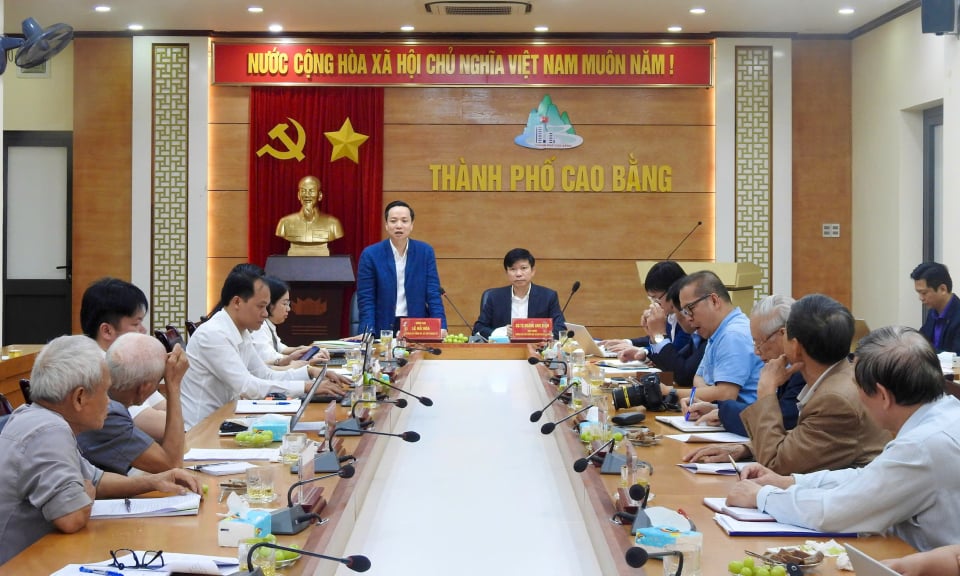

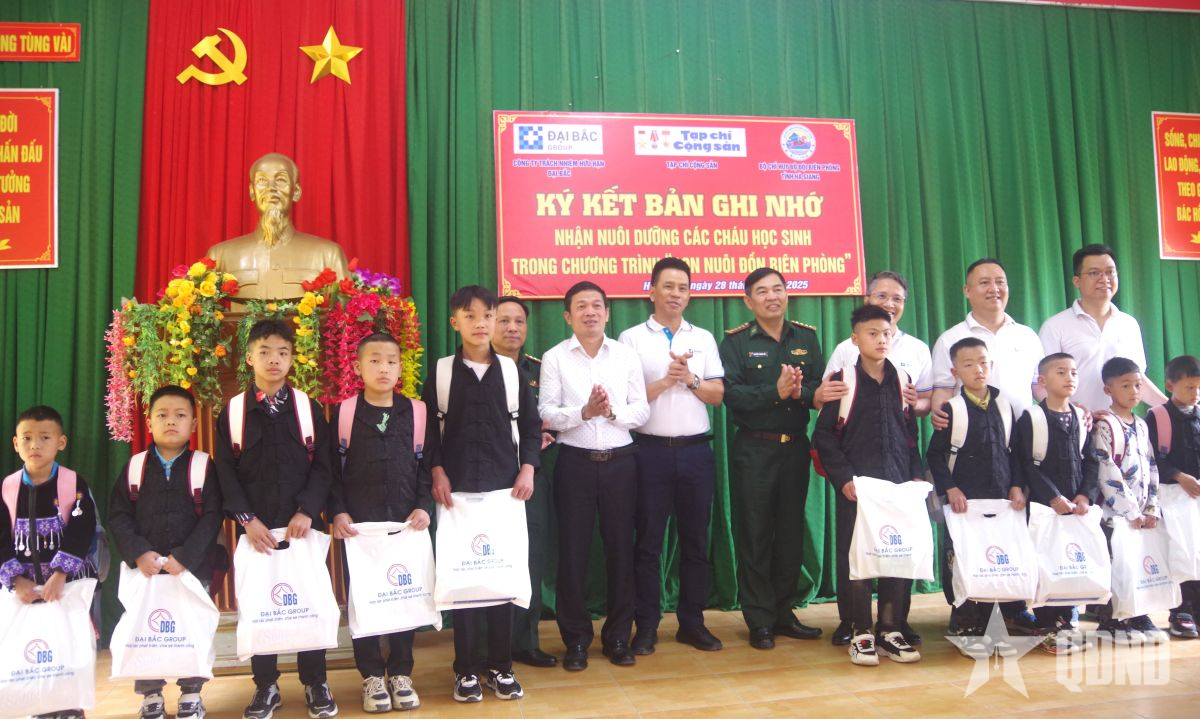






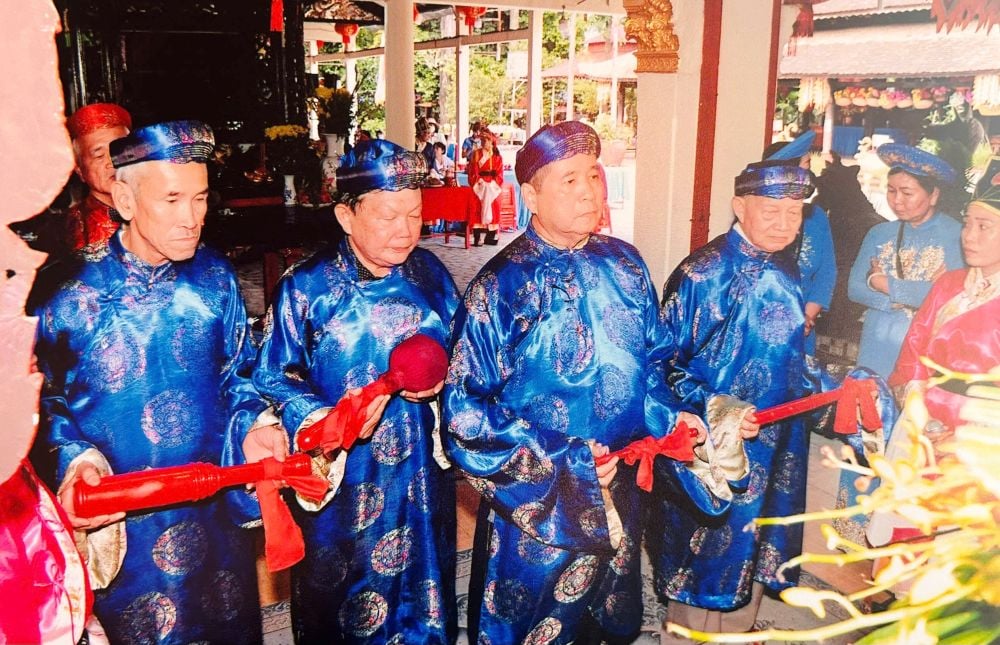










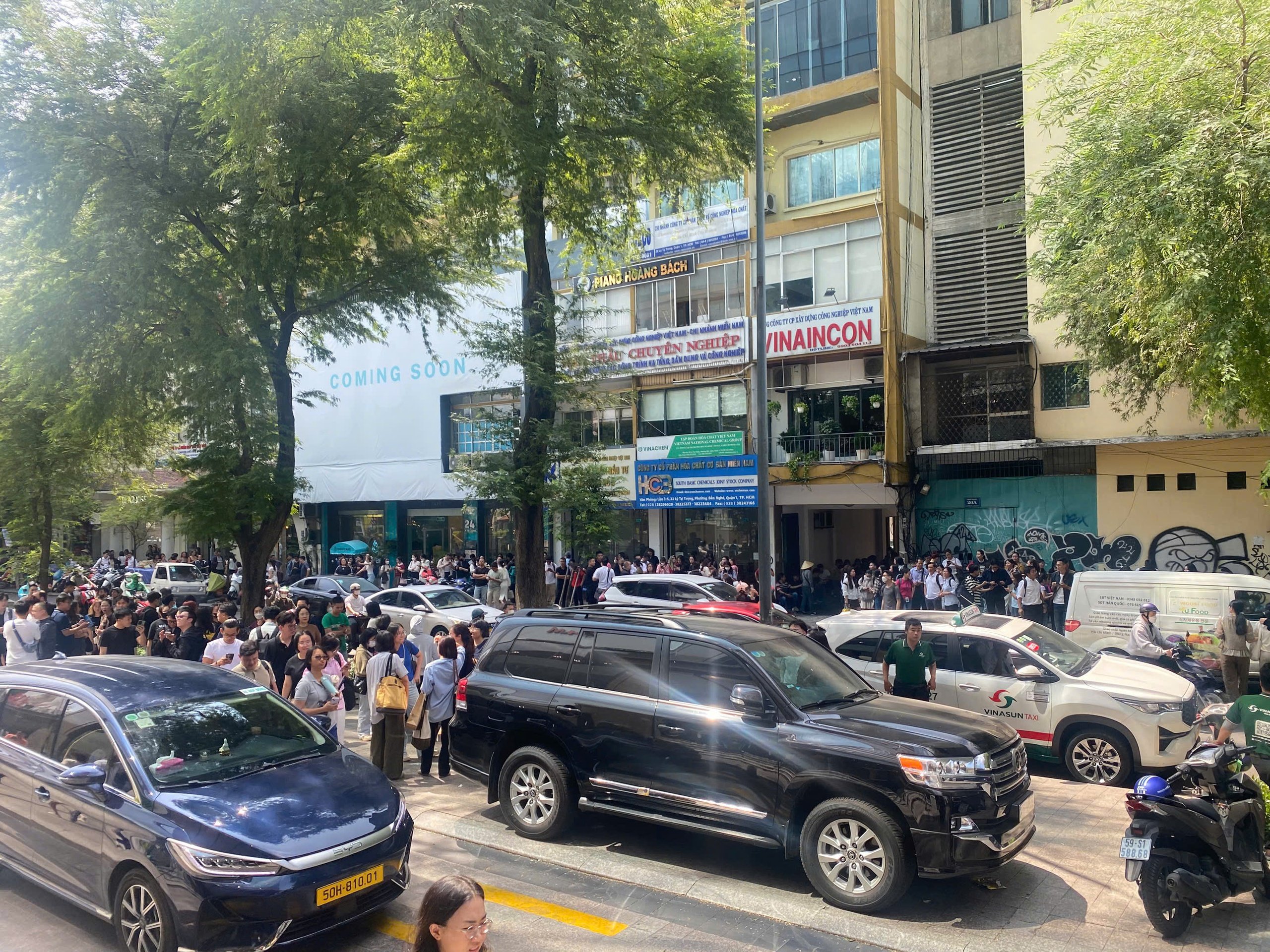
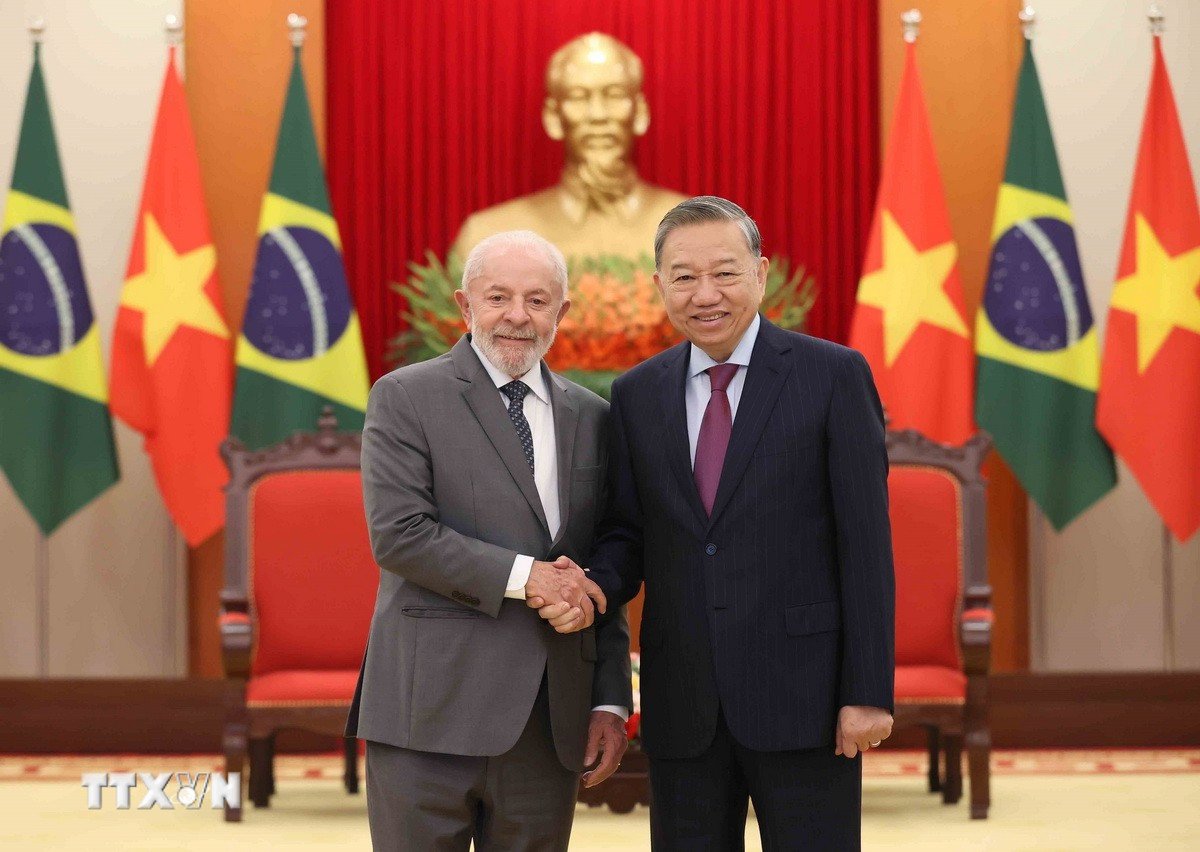

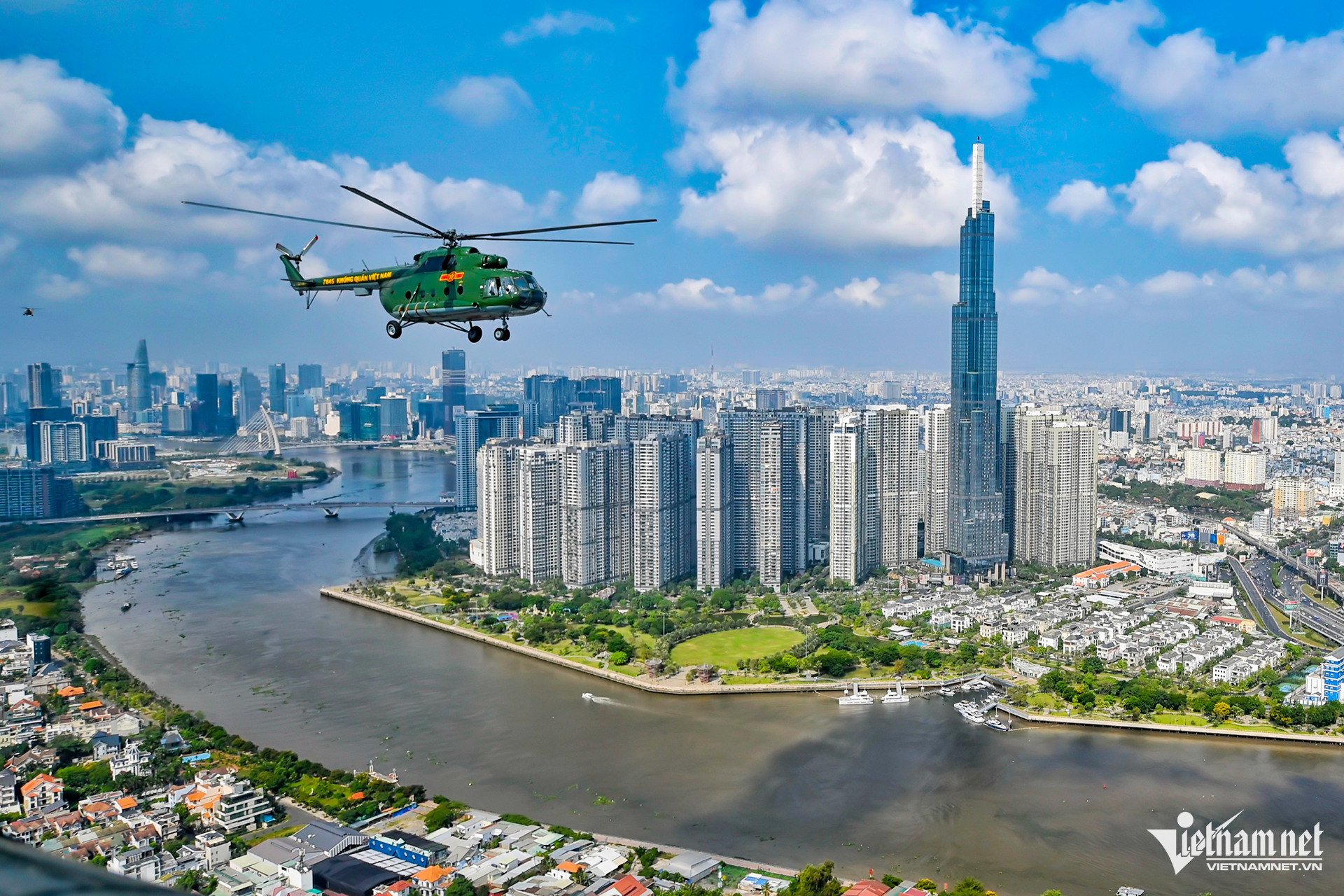


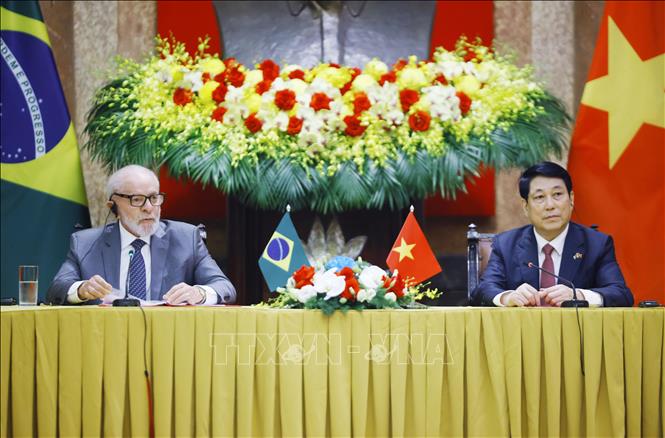

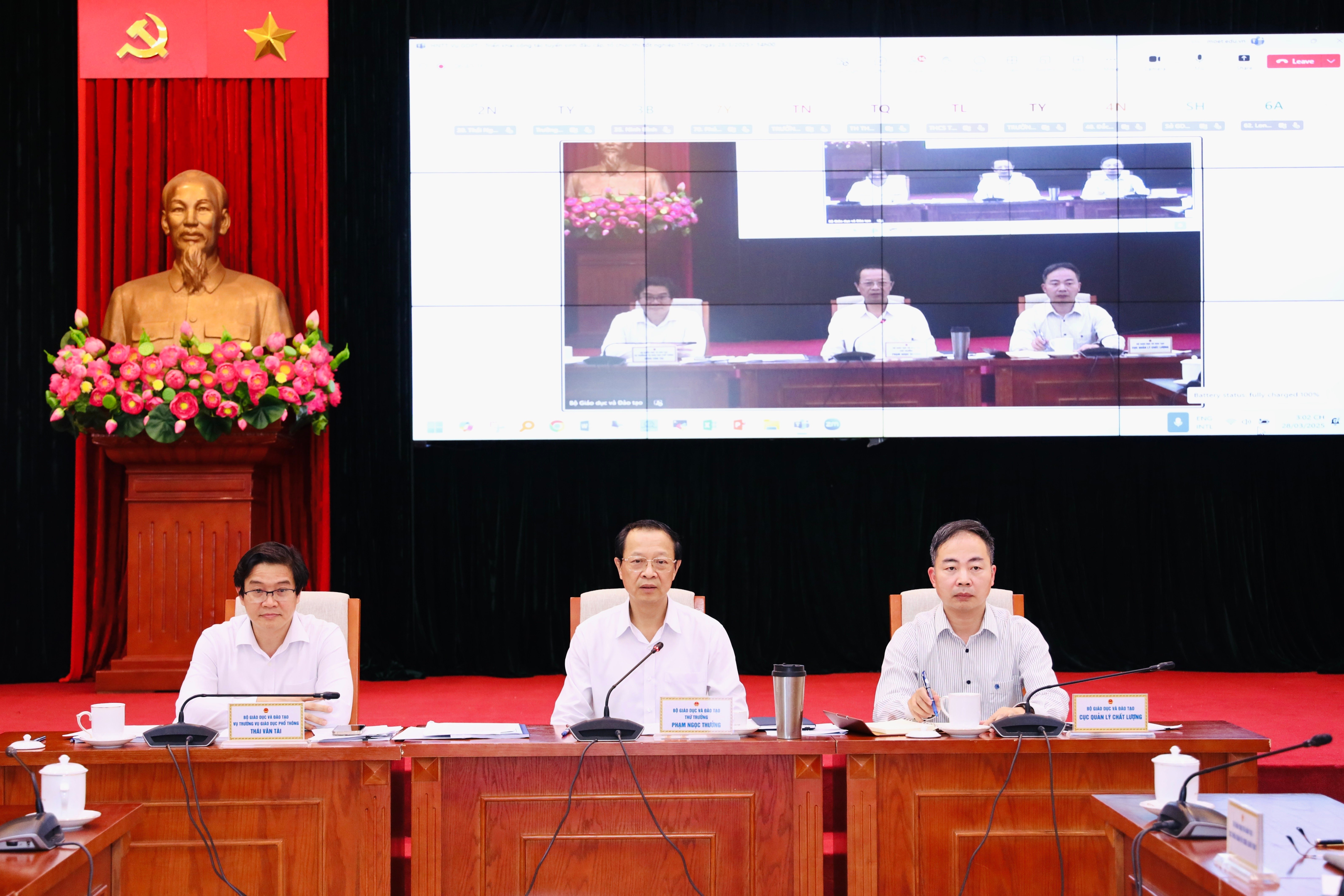




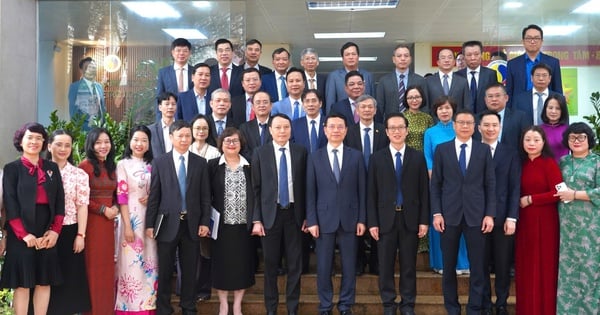


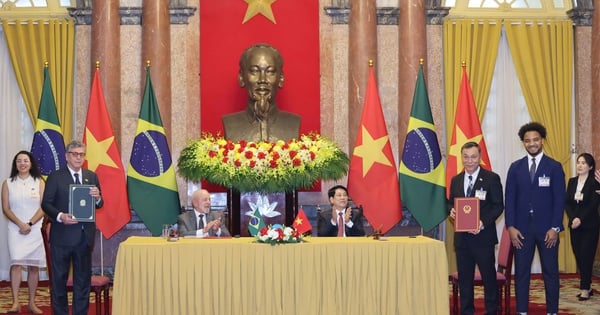
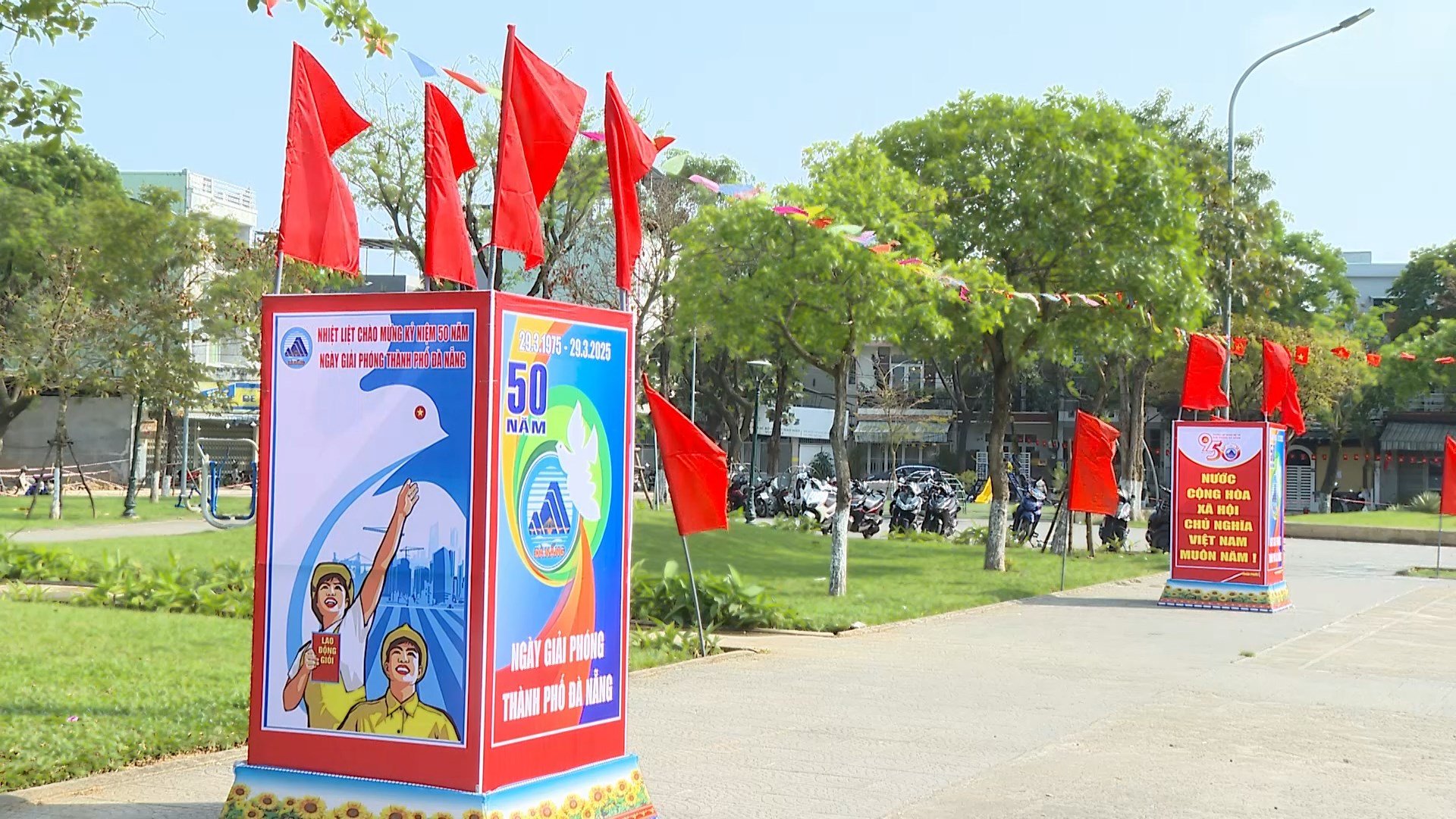

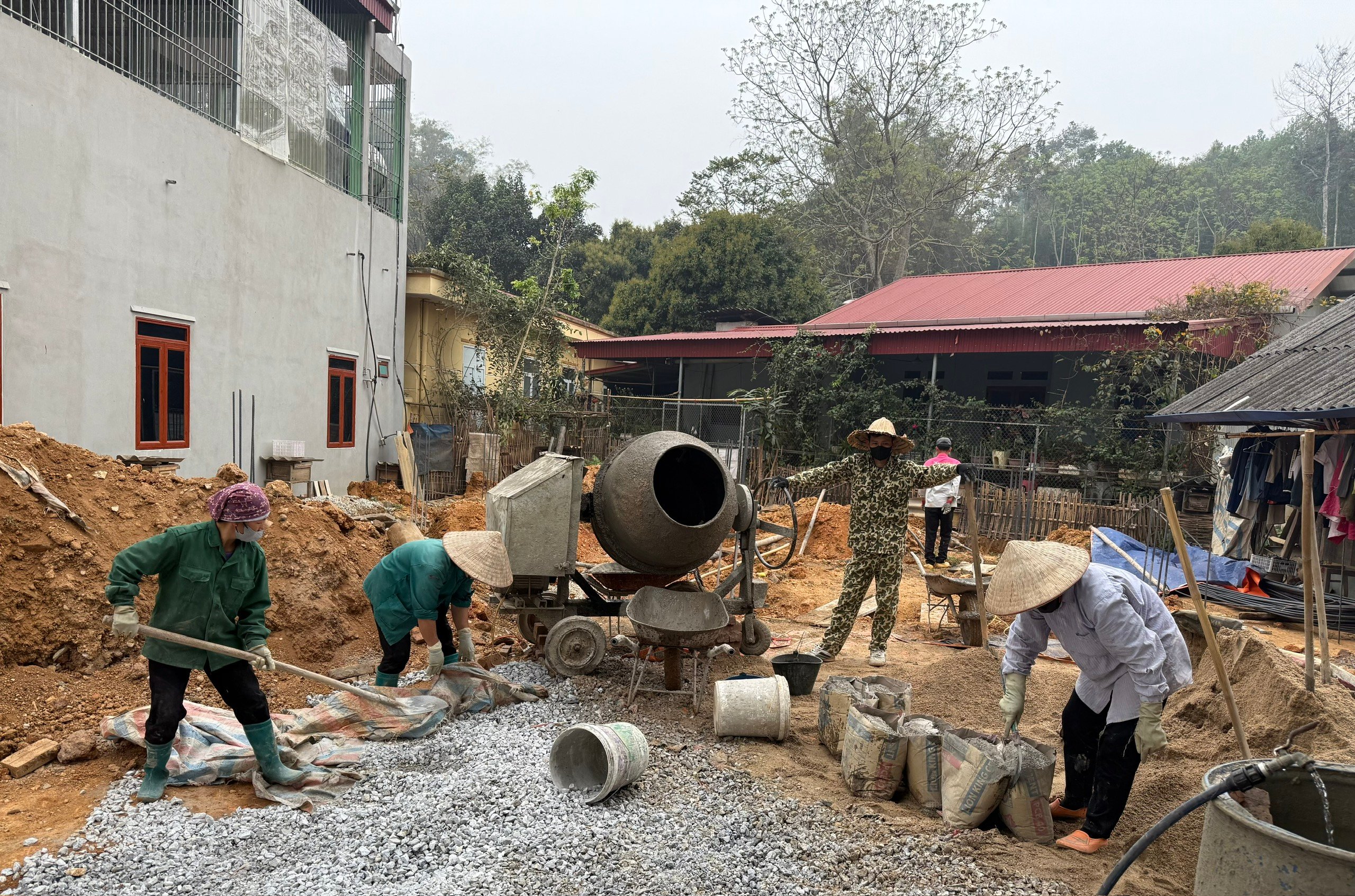
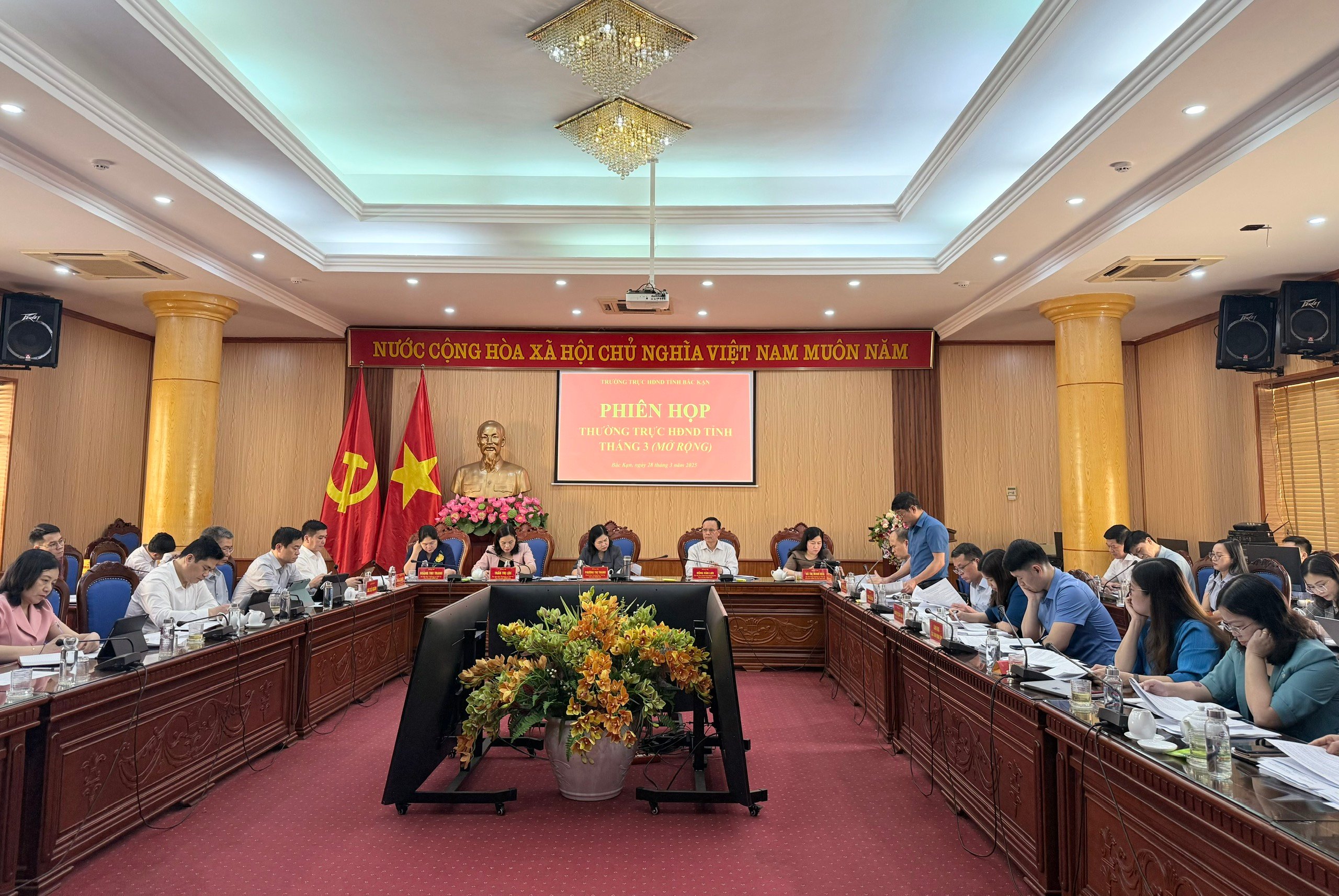


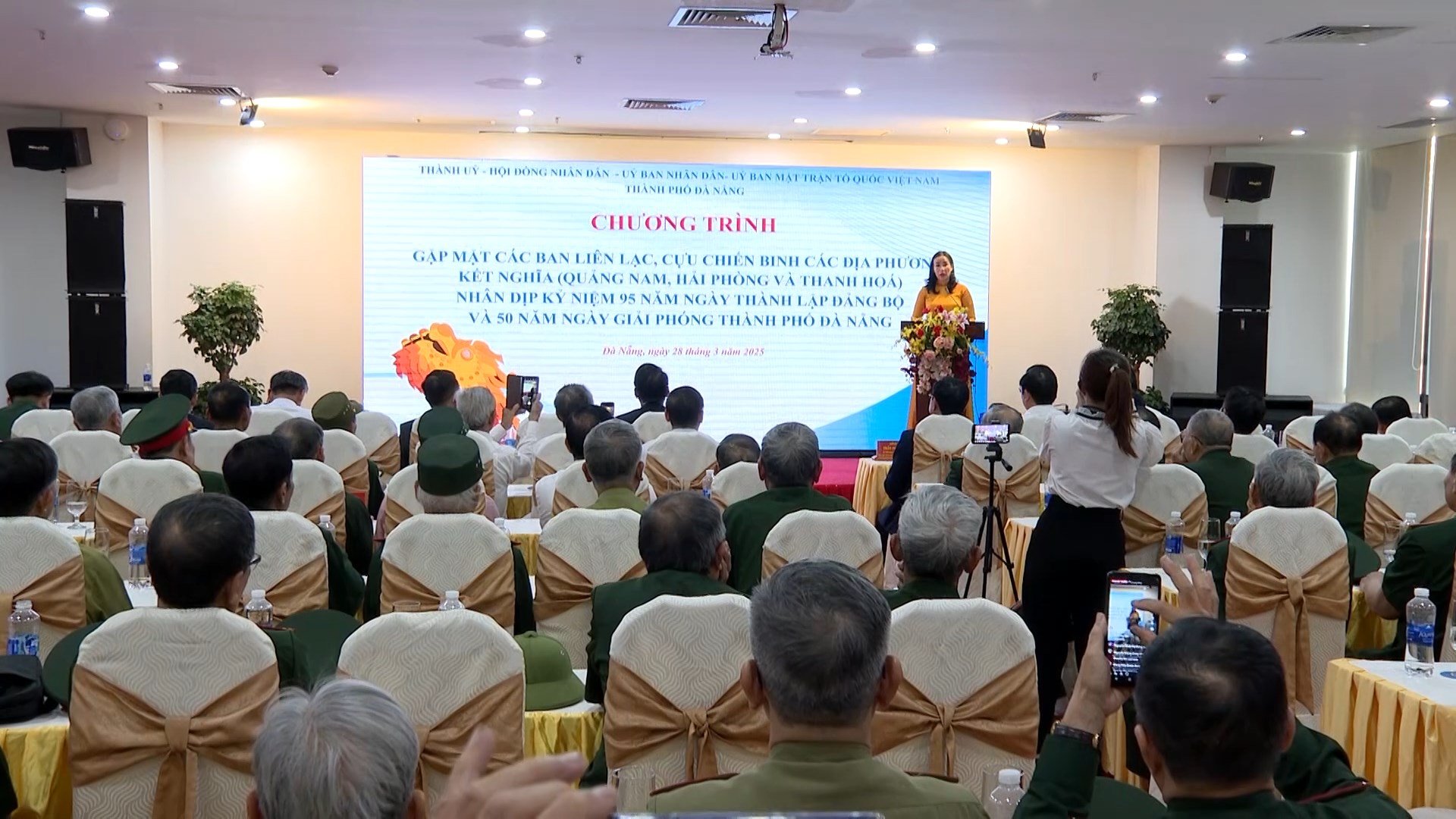





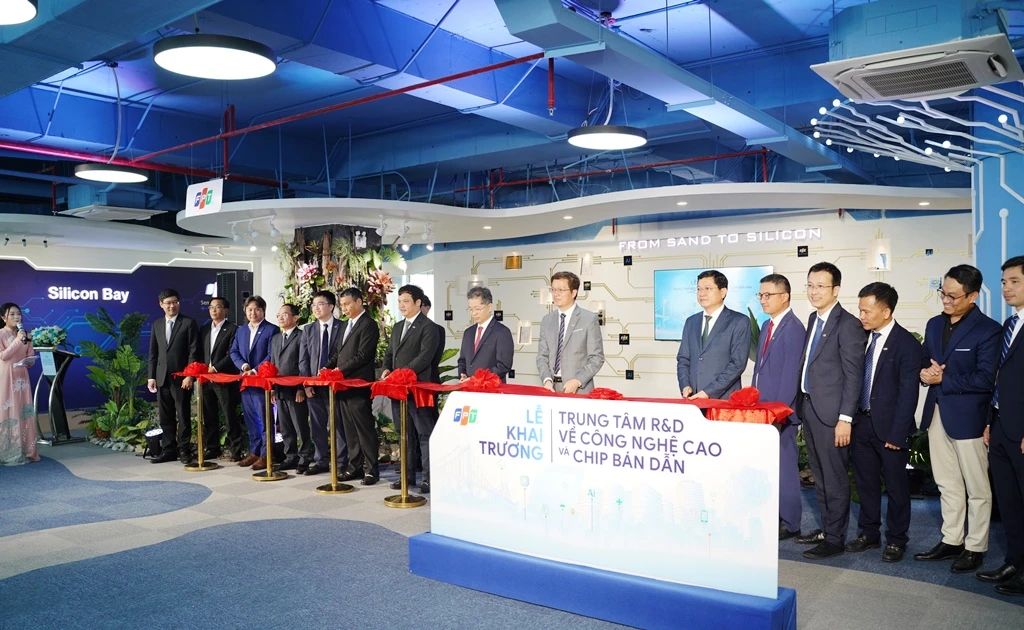
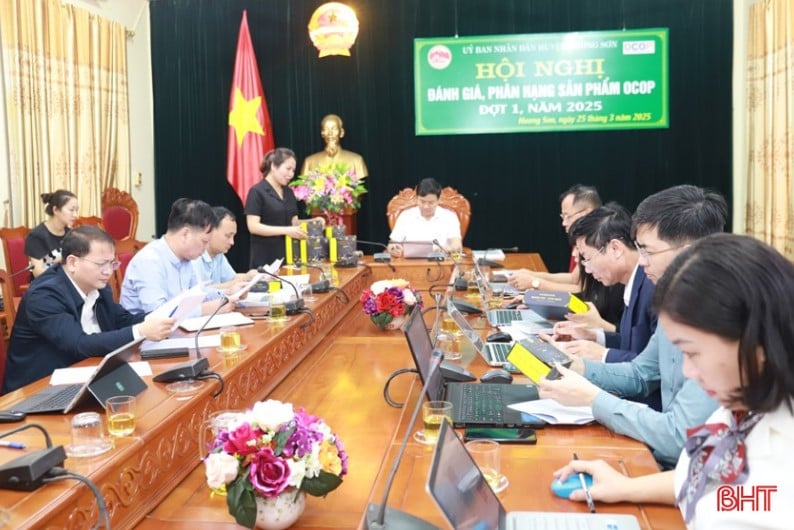


Comment (0)